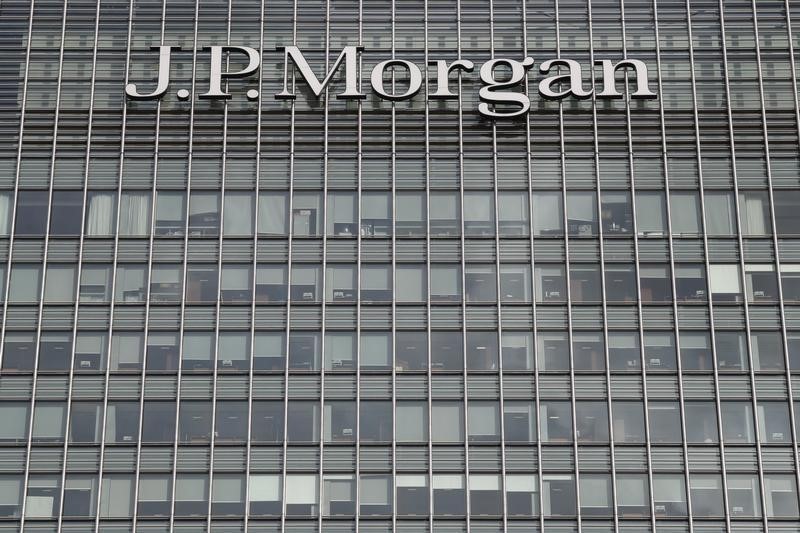Moody’s downgrades Senegal to Caa1 amid rising debt concerns
Investing.com -- Jamie Dimon, CEO of JPMorgan Chase (NYSE:JPM), anticipates ongoing market volatility, according to his recent remarks. He also expressed optimism about the potential for his firm to create a leading digital bank.
During an interview, Dimon noted the multiple uncertainties in the global landscape, including the situation in Ukraine, issues in the Middle East, Iran, and large deficits. He also pointed to the tax bill, tariffs, and the ongoing negotiations between the European Union and the United Kingdom (TADAWUL:4280) as sources of volatility. Despite these challenges, he expects JPMorgan to navigate through the volatility.
Dimon also spoke about the competition from non-banking entrants in the financial sector. He doesn’t see it as a problem, stating that these competitors are also clients and very capable. He believes that competition is good for the world and that all major banks are back in the game.
The CEO also discussed the firm’s digital banking prospects. He believes JPMorgan has a chance to build a great digital bank, leveraging the company’s brand, research, and balance sheet. He also hinted at possible future capabilities, such as enabling customers to move money between different international branches of the bank using their phones.
On the topic of remote work, Dimon reiterated his stance that it doesn’t work for everyone. He believes that the company will be better and employees will be happier with a return to the office. He noted that the company had not seen any additional attrition following his previous comments on the subject.
Dimon concluded his remarks by expressing his views on the U.S. economy. He deferred to the company’s economists, who give a 50% chance of a recession. He emphasized that while a recession could happen, it’s uncertain how big or long-lasting it would be. He also mentioned the U.S.’s large deficit, which is almost $2 trillion, 6% or 7% of GDP, the largest peacetime deficit ever. He believes this could lead to a risk of higher long-term rates and a weaker dollar, which might slow down growth.
This article was generated with the support of AI and reviewed by an editor. For more information see our T&C.
